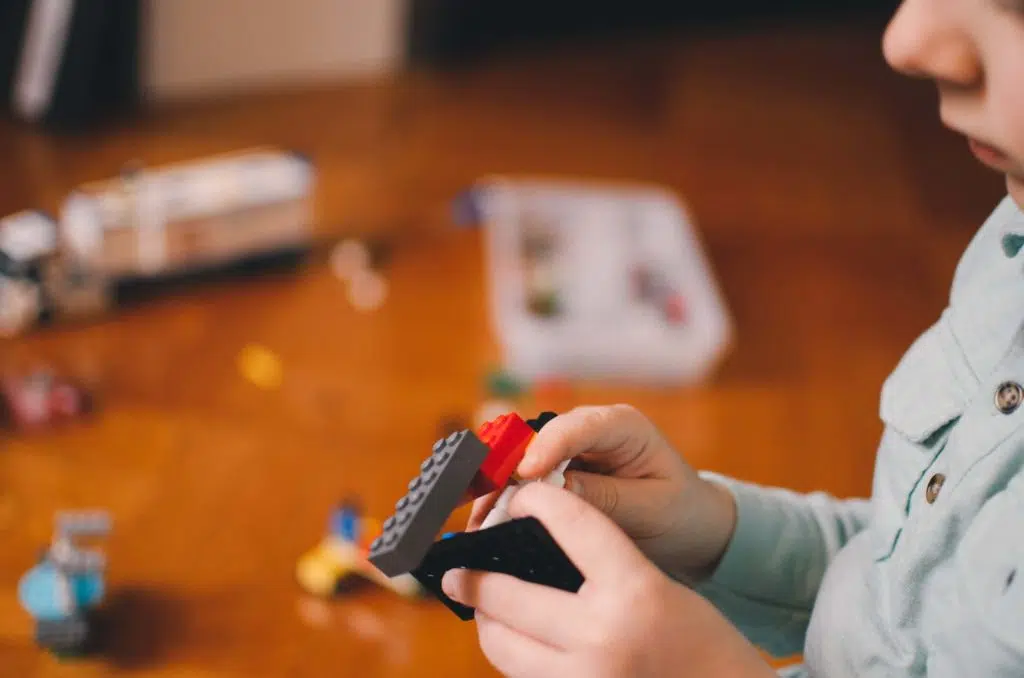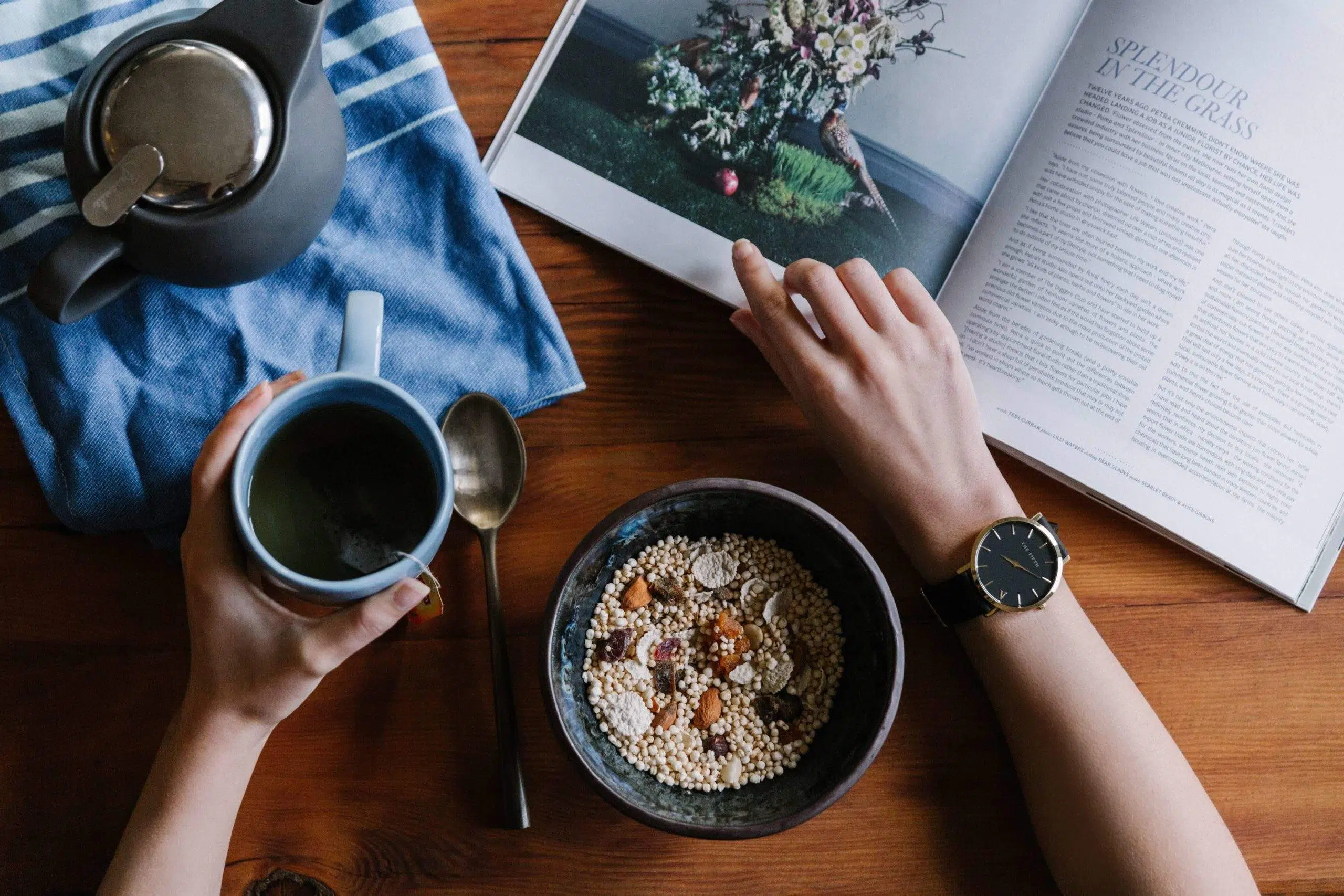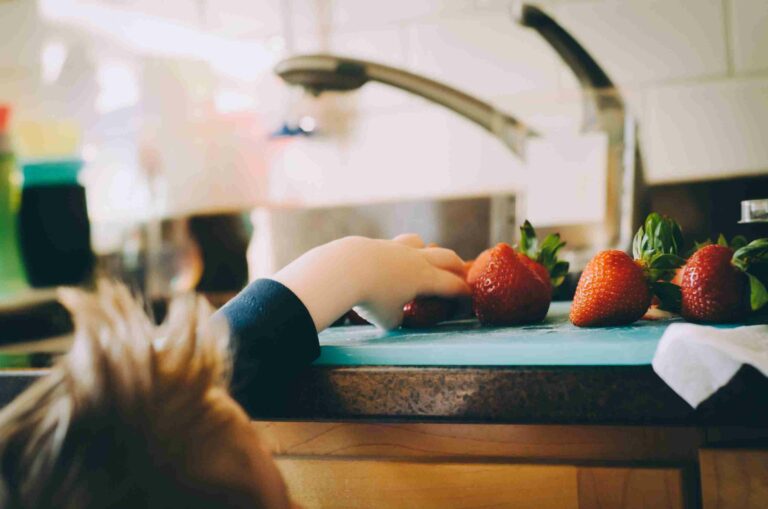The Only Way to Create a Habit
This article is about being able to choose the right habit for you and your family to achieve your goals and how to do it.
Building the life you want can be difficult…
Particularly when you have several members of the family to look after.
You’ve got different opinions, different goals and different socks to put on every day.
But it can be easier than you think…
You Can’t Overlook This
I’ve worked with high performing business men and women, elite international level athletes, those with disabilities and your everyday, mum, dad and kid.
One thing I can tell you that makes the biggest difference to those who perform to a high level and those that don’t achieve their gaols, improve their happiness or achieve their purpose in life…
…is the ability to master the basics.
This very much applies to you if you want to create a highly functioning family that lives happily, healthily and harmoniously with one another.
If you don’t master the fundamentals, you are missing out on achieving your potential, no matter what it is.
Mastering the basics will;
- Give you confidence
- Decrease your stress and anxiety
- Increase your life satisfaction
Mastering the basics is simply building the foundation of habits that are going to help you achieve your goals the further you go up your goal ladder.
If you can’t master your basic level of habits, you aren’t going to go far.
For example, if you are a family of picky eaters and you want to eat a healthy diet to lose weight and ensure your kids are healthy. If you don’t get into the habit of preparing meals beforehand with the ingredients you need, eating at home rather than getting takeaway, you are going to leave yourself to hang out to dry. Particularly when you rush home from work to drop the kids off at sport with no time to shop or prepare. What are you likely going to do? Probably get takeaway or something sub-standard.
Not working towards your goal.
Like I said, building habits can be difficult, but with the right processes and the right mindset, it will be immensely simple.
Using these systems will help you to improve your kids’ attention and focus like I’ve previously spoken about in this article; How To Increase Your Kids’ Attention Span.

What Is a Habit?
Habits involve learning something by our nervous system, consciously or unconsciously. They are essentially hardwired reflexes.
“What we do habitually make up much of what we do entirely” – Dr. Andrew Huberman.
If we want to do achieve our top tier goals, we need to master the basic reflexive actions, our habits.
Identifying The Right Habit
How do you normally identify which habit you want to add to your life?
Do you choose something because it looks ‘cool’? For example, cold morning showers, ice baths, drinking green smoothies or hour-long meditation etc.
Or do you pick something that actually focuses on a particular outcome?
Those habits I listed above are all going to benefit to improve your health in some manner, but are they actually going to get you closer to your goal?
Being able to identify the right habit that suits your personal identity and that is based around your goals is going to be monumentally important for ensuring you;
- Achieve your goals.
- Ensuring it’s sustainable for the long term.
- Makes you feel good for doing it and not a chore.
To identify your habits, you need to do two things;
- Find your goal – this will be designed to give you a specific outcome (the goal of exercising for 30 minutes everyday).
- Identify the habit to you – you need to attach this habit to your greater self (I want to be a fit and healthy mum to live an unrestrictive and confident life).
Each Habit Is Not Created Equal
It goes without saying that some habits are going to be significantly easier make a habit than others. This is called ‘limbic friction’. It is the amount of conscious override you need to your current state to execute a habit. The more difficult the habit, the more limbic friction there is needed to override it.
To put this in perspective, what do you find more enjoyable?
Driving to the ocean for a cold sea dip first thing in the morning…
…OR completing 5 minutes of stretching in your own living room while you watch your favourite tv show?
Survivor is going to win every time…
Forming habits can take between 18 days to 200+ days!
Yes, you read that correctly, 200+ days!
It’s important to understand which habits you want to build in first to make the biggest difference to your health, are highly achievable and are actually worth it.
Do Not Forget This
Just like you give your kids a special treat for kicking a goal in their football match or for simply saying “thank you”, you too deserve a reward for your habits.
If you expect a reward for completing the habit and that reward comes again, a particular behaviour associated with generating that reward will most likely occur again.
As an example, you may reward yourself for a going to the gym by having a treat. The same principle applies to all habits. You must reward yourself for just turning up.
I’m not saying smash your face with a million croissants for doing a couple sets of squats, obviously do it with the end-goal in mind.
When building habits, slow and steady wins the race.
One at a time.
Integration and Collaboration
Being in a family, your goals may not exactly align but many of your identities will. Your habits will actually be similar than you think. Not everyone wants to walk to lose weight but others want to walk to reduce stress, to enjoy nature.
Therefore, you are now collaborating, you are doing it together, enjoying each other’s company (reward) and working towards your goals and identities.
The more you can integrate each other’s habits into your lives, the more accountability you have, the better chance you are at achieving your goals.
Summary
- Make sure the habit is achievable, align it with your goals and your identity.
- Reward yourself for your hard work no matter how ‘bad’ the habit was done.
- Be vocal about it with your family and those around you to collaborate.
- Rome wasn’t built in a day.
Until next time,

Further Readings
Psychology of Habit – Wendy Wood and Dennis Rünger
Huberman Lab – The Science of Making and Breaking Habits | Episode 53 – on Spotify








